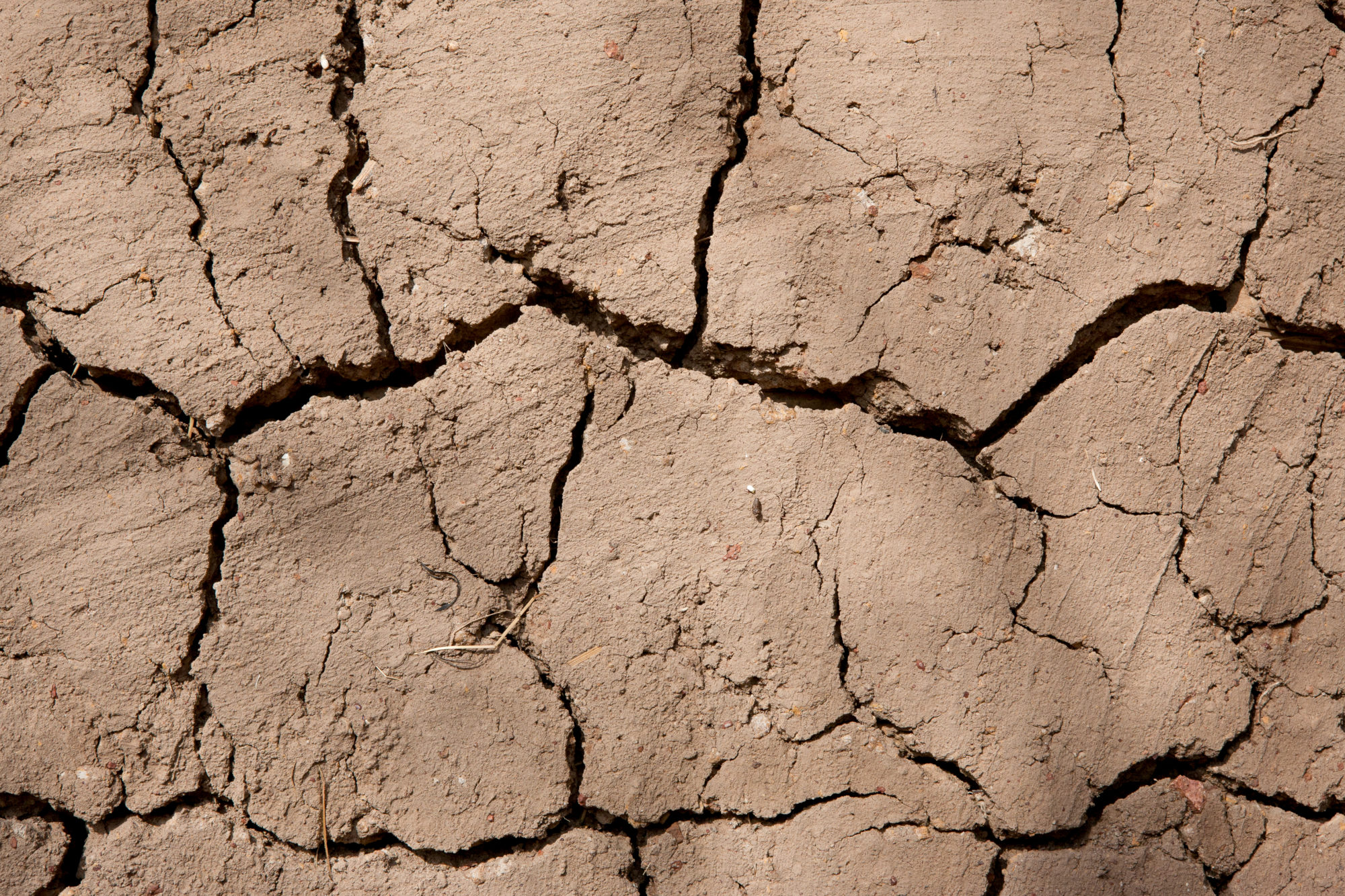
Hunger and famine seem to decimate parts of Africa every few years. Food scarcity and starvation flood the news, along with the heartbreak of families suffering and struggling to feed their children and grasping for ways to simply survive. It begs questions as to why this cycle seems to happen in Africa more than other parts of the world. Why is it happening more frequently now than in years past? Are there ways we can help?
Increasing Patterns of Drought
There are a number of reasons that Africa is typically the center of this crisis. For starters, the El Nino weather phenomenon most critically affects this continent. Historically, this cycle of little to no rainfall occurs every five to seven years, but in the past couple of decades, that pattern has shortened to every three to five years, also intensifying in terms of severity and length of the drought period.
Combine these destructive weather patterns with growing populations that are more concentrated in the drought areas, armed conflict in many of these regions (e.g., the struggle against militant extremists in northern Nigeria and the conflict between South Sudan and Sudan), as well as communicable diseases like Ebola, and a perfect storm brews to intensify the effects of the cyclic hunger and famine cycles we see in these areas of the world.
“A perfect storm brews to intensify the effects of the cyclic hunger and famine cycles we see in these areas of the world.”
Consider this latest drought in particular. While many in the United States are just becoming aware of what is happening, the scarcity of rainfall actually began in late 2015 and at its worst, affected almost forty countries and created a critical food security issue for almost forty million people. The crisis did not abate in 2016, but continued into the current year, making it one of the worst in recent history.
Historical Coping Mechanisms
Within a normal drought cycle, people have historically found ways to cope. They’ve saved and stored food, as well as reserves of seed to plant when the drought eventually breaks. They’ve also migrated to areas where the drought has not been as severe. Another common practice has been to rely on livestock reserves for food and income to get through the hard times.
However, when the drought continues for longer periods of time, the traditional survival methods begin to break down. People can’t move to some of the more fertile regions due to armed conflict. They are forced to eat the seed they saved for planting because the rains have not come. They draw down their last reserves from their animal herds because there is nowhere else to turn. As a last resort, they begin looking to governments and NGOs to help them with food supplements to simply survive. Many are left to die, especially the old and infirm and the young and weak.
Becoming an Advocate
This famine crisis is a massive problem, and it is hard to know how to offer assistance. We can’t help in every situation, but there are impactful and strategic ways to get involved. Here are three:
Connect with Trusted Relief Efforts
Work with proven and trusted on-ground partners to deliver goods and services to key areas that help keep people alive and help demonstrate the love of Christ in a tangible way. Baptist Global Response (BGR) partners with field personnel, national partners, and churches in several places to provide lifeline food, water, and in some cases, plant-back seed to communities coming out of drought.
Pray
- Pray intentionally for those suffering.
Pray that God will be their shade by day and protection by night. Pray that as they receive food, they will come to know the Bread of Life. - Pray for the drought to break.
Pray that the Lord of all creation will send the rains to quench the thirst of a dry and weary land. Pray also that he will make himself known as the Living Water. - Pray for field workers who are tirelessly working to help meet critical needs.
Pray for them to have an extra measure of strength as they spend long days working. Pray for them to have wisdom and knowledge to choose the best and most strategic places to work. And pray that they will be the hands and feet of Jesus to many who have never heard his name. - Pray for peace in Africa.
Poverty and hunger are two constant enemies of African countries. The armed conflicts and tribal wars complicate the matter, and the result is usually increased suffering and death of women, children, and the elderly. Pray for the Prince of Peace to rule in these drought and famine areas.
Give
There are a number of relief projects directed by the International Mission Board and BGR to help those in need. Giving to these efforts will support on-the-ground programs conducted from a gospel-centered posture. Another great way for people to give to meet hunger needs in Africa is through Global Hunger Relief (GHR). GHR is a Southern Baptist global hunger channel that uses 100 percent of its donations to alleviate hunger needs. GHR has provided quick allocation of resources to some of the hardest-hit areas by supplying food as well as demonstrating the love of Christ to those in need.

